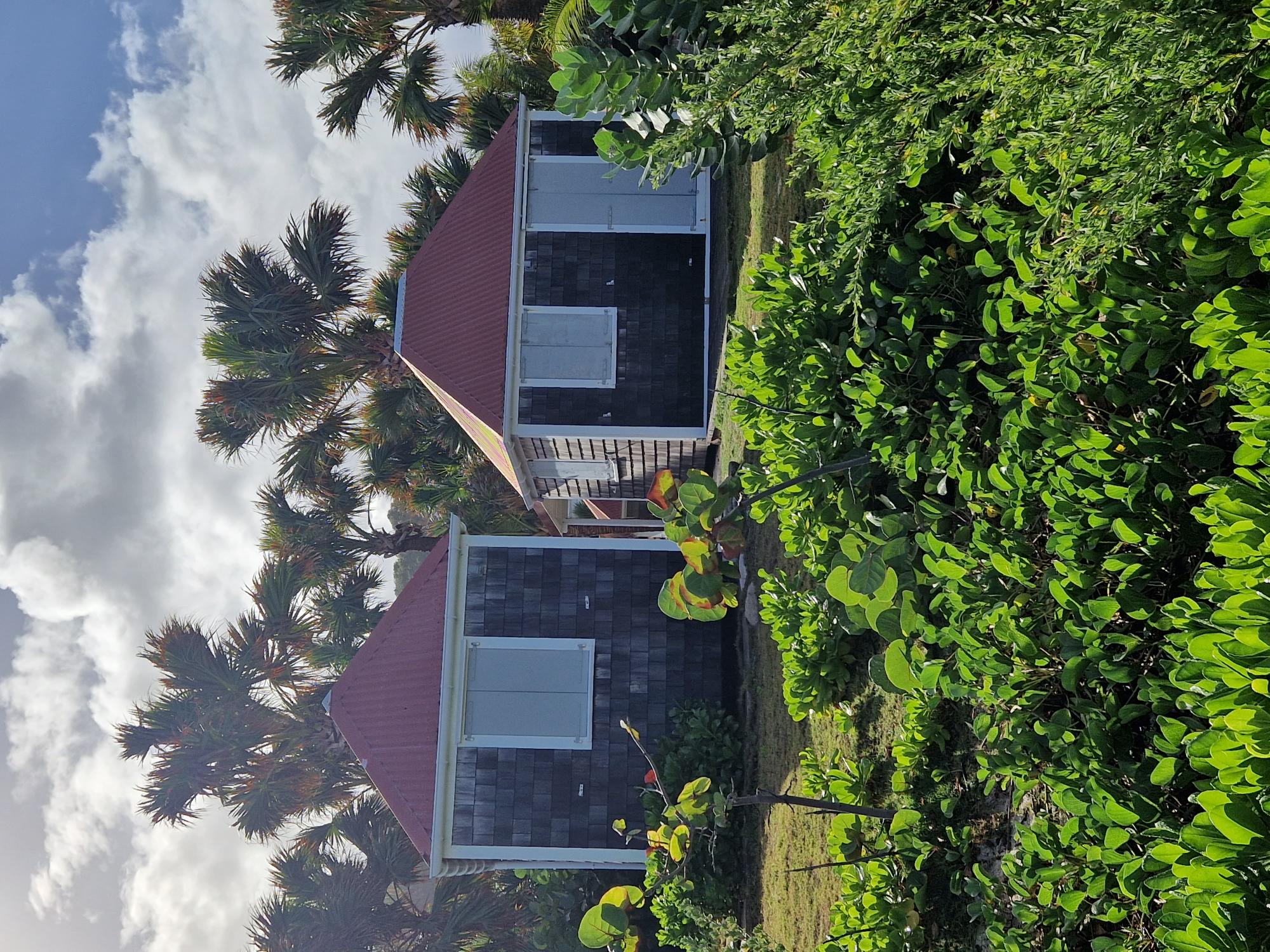At home, you can also play your part in preserving the island's biodiversity, with a few simple gestures.
Native (local) species have not developed the ability to defend themselves against our pets, which they see as new predators introduced to the island by man. It is therefore advisable to adopt a few precautions to limit their impact on local fauna.
As part of the campaign to sterilize stray cats, traps are made available to private individuals free of charge. Once a stray cat has been caught, any vet on the island can sterilize it free of charge. This gesture is entirely paid for by the Collectivité de Saint Barthélemy.
On the island, waste management is handled by Paprec on the Public waste management site. Daily waste is sorted into two garbage cans: organic waste, paper and cardboard in the black bag garbage can, and glass and cans in the transparent bag. For all other waste, contact the waste disposal site directly.
We strongly advise against feeding wildlife. Feeding must be reserved exclusively for pets identified in your name.
Some wild animals are exogenous (imported by man to the island), such as tortoises, goats, stray cats, hens and roosters. Feeding them contributes to their proliferation, which in turn damages the local flora and fauna. Of course, only fenced-in goats and hens should be fed.
Local wildlife, such as birds and reptiles, is largely protected. Feeding them is strictly forbidden. Feeding can lead to disease or deficiency. They may also lose the habit of feeding themselves, making them more vulnerable to predators (cats and dogs in particular).
You should also remember to place your pets' food indoors to prevent accidental feeding by wildlife.
Saint-Barthélemy's flora is part of the island's natural heritage. Intimately linked to the fauna, to which it provides shelter and food for many species, it is important to favor it over species from elsewhere.
